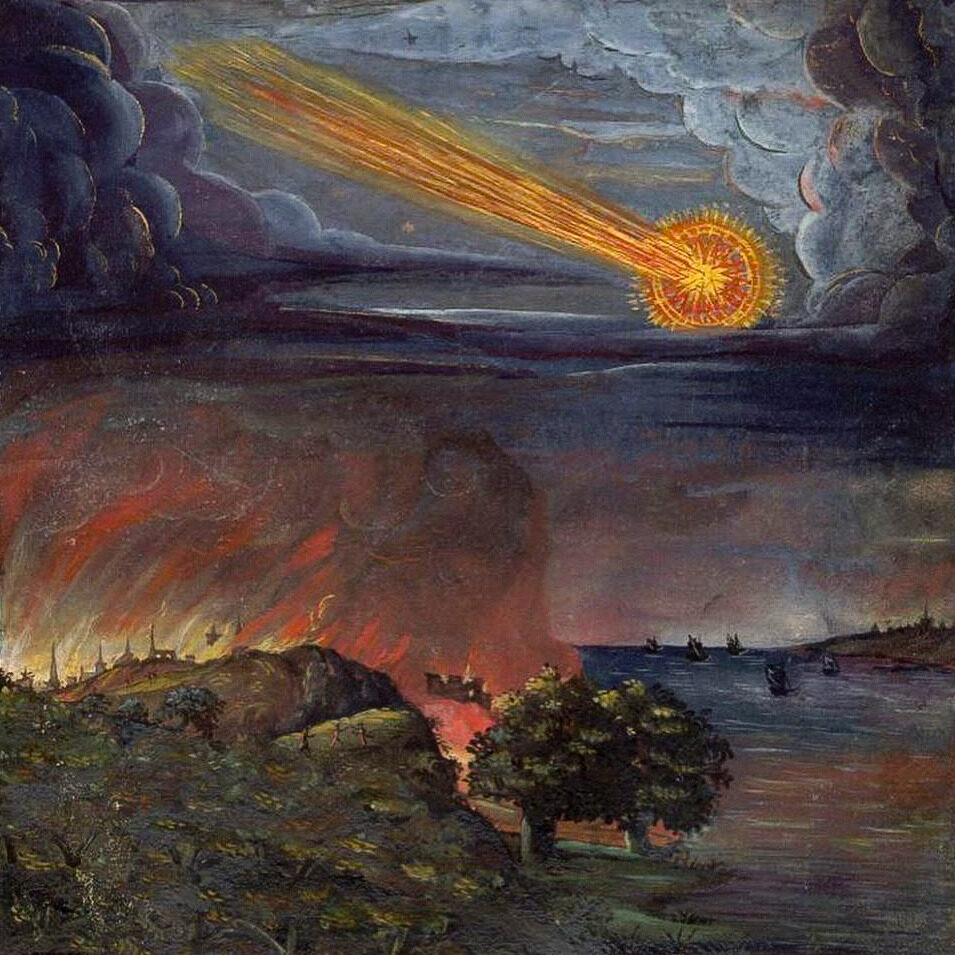
Planetlyrik
I vår sms-konversation inför intervjun har han skrivit att han skulle vilja utveckla en tanke om planetlyrik som vår tids naturlyrik.
Dagens Nyheter, “Planetlyrikern Jonas Gren: ‘Dånet från staden är som ett fossilbränsledrivet monster som ryter‘” (kanske betalvägg)
– Insikten om att jorden är ett dynamiskt system som är kraftigt satt ur spel på grund av mänsklig aktivitet är relativt ny. Jag tänker mig att planetlyriken kan problematisera bilden av människan i naturen. Som dikt är den mer politiskt engagerad i frågan om jorden som helhet än både ekopoesin och naturlyriken, och försöker förstå den omöjliga abstraktion som klimatförändringarna utgör. Global uppvärmning är ingenting som syns, men litteraturen kan gestalta den genom att uppehålla sig i detaljerna, i det konkrekta.
Djup historia: en definition
“Djup historia” är en grej.
Deep history is a term for the distant past of the human species. As an intellectual discipline, deep history encourages scholars in anthropology, archaeology, primatology, genetics and linguistics to work together to write a common narrative about the beginnings of humans, and to redress what they see as an imbalance among historians, who mostly concentrate on more recent periods.
Wikipedia, “Deep History“
Lager, lager

Djup historia

Jag hittade markerade stycken och ord i en radda böcker jag läst under året. Det finns ju ingen röd tråd rakt igenom detta, men några citat här i början verkar handla om djup historia.
Without the subway rumbling, without trains hurtling up the Hudson and the hum of air conditioners and refrigerators and Laundromats three to a block, it was as though a mammoth heartbeat had ceased.
Lisa Halliday, Asymmetry: A Novel
Compared to this power and diversity, [Lynn] Margulis liked to tell me, pandas and polar bears were epiphenomena—interesting and fun, perhaps, but not actually significant.
Charles C. Mann, The Wizard and the Prophet: Two Remarkable Scientists and Their Dueling Visions to Shape Tomorrow’s World
“My grandfather’s grandfather grew coffee,” he said. “You’re about a hundred years too late.”
Dave Eggers, The Monk of Mokha
We need to learn to see not just with Western eyes but with Islamic eyes and Inuit eyes, not just with human eyes but with golden-cheeked warbler eyes, coho salmon eyes, and polar bear eyes, and not even just with eyes but with the wild, barely articulate being of clouds and seas and rocks and trees and stars.
Roy Scranton, We’re Doomed. Now What?: Essays on War and Climate Change
For 11,000 years, indigenous people adapted to this evolving landscape, modified it to meet their needs, cultivated and shaped it into a physical expression of their culture and artistry. Story and song, elaborated into distinctive cultures, tied them to their history and bound them to one another and their homelands via “a rich spiritual and ceremonial calendar that defined their place in the created world.” In Thoreau’s world, the people were as old as the forests.
Laura Dassow Walls, Henry David Thoreau: A Life
“People say you’re a microbe whisperer.”
Robin Sloan, Sourdough
Second, the Romans did not plan to conquer and control Italy. No Roman cabal in the fourth century BCE sat down with a map, plotting a land grab in the territorial way that we associate with imperialist nation-states in the nineteenth and twentieth centuries. For a start, simple as it sounds, they had no maps.
Mary Beard, SPQR: A History of Ancient Rome
Anyway, my neurotransmitters are scrambled and they’re going to stay scrambled.
Octavia E. Butler, Parable of the Sower
People weren’t sane anymore, which didn’t mean they were wrong. Some sort of cord between action and consequence had been severed. Things still happened, but not in any sensible order, it was hard to talk about truth because some bits were hidden, the result or maybe the cause, and anyway the space between them was full of misleading data, nonsense and lies. It was very dizzying, you wasted a lot of time figuring it out. Had decisions really once led plainly to things happening, in a way you could report on?
Olivia Laing, Crudo
The key point we wish to make here is that strategy and consistency of action can emerge non-deliberately through a profusion of local interventions directed towards dealing with immediate concerns.
Robert C. H. Chia & Robin Holt, Strategy without Design: The Silent Efficacy of Indirect Action
calvinocity
Kim Stanley Robinson, New York 2140
He not only knew that Antonioni was posing as a movie director in order to infiltrate our country’s borders and assassinate the Great Leader, Chairman Mao, he also knew that every pomegranate contained the same number of seeds: no matter how many different pomegranates you opened up, the number would always come to three hundred and sixty-five.
Ge Fei, The Invisibility Cloak
Existence was a matter of chance, of probability, as infinite futures became one observed present.
Tom Sweterlitsch, The Gone World
But my sense that this debt should be addressed through a greater identification with Judaism than could be acquired strictly through cultural reference points — bageloxy — made my actual encounters with observance all the more dispiriting. I hated praying.
George Prochnik, Stranger in a Strange Land: Searching for Gershom Scholem and Jerusalem
mellifluously
Rachel Cusk, Outline
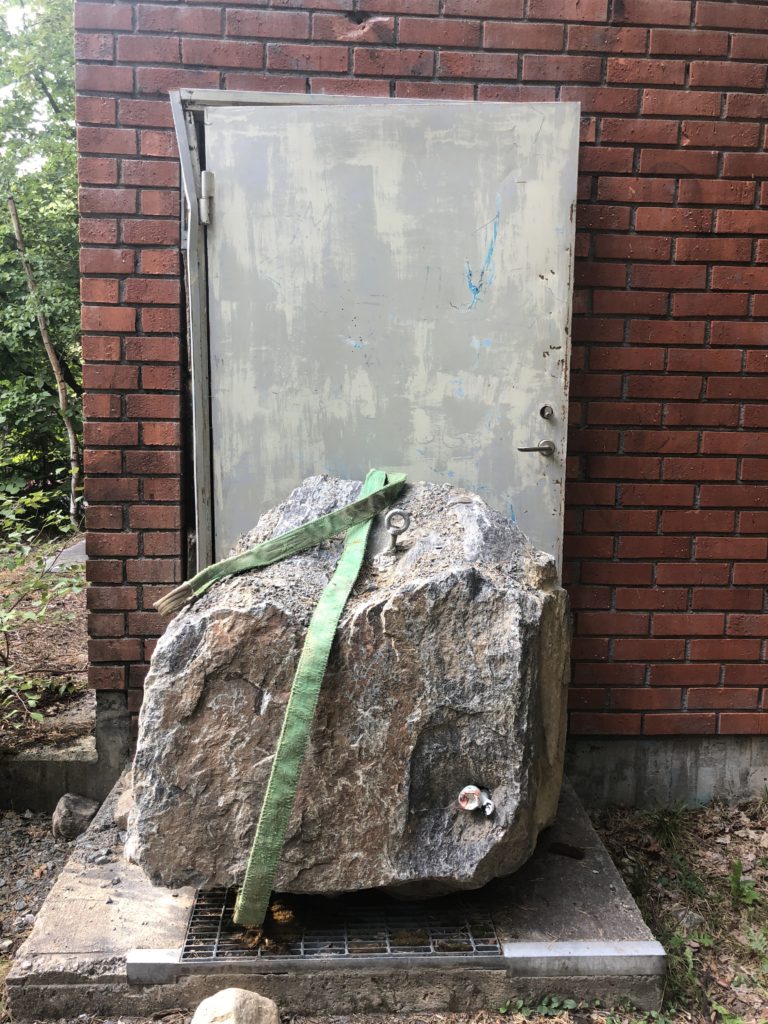
Hittat i kamerarullen augusti 2018

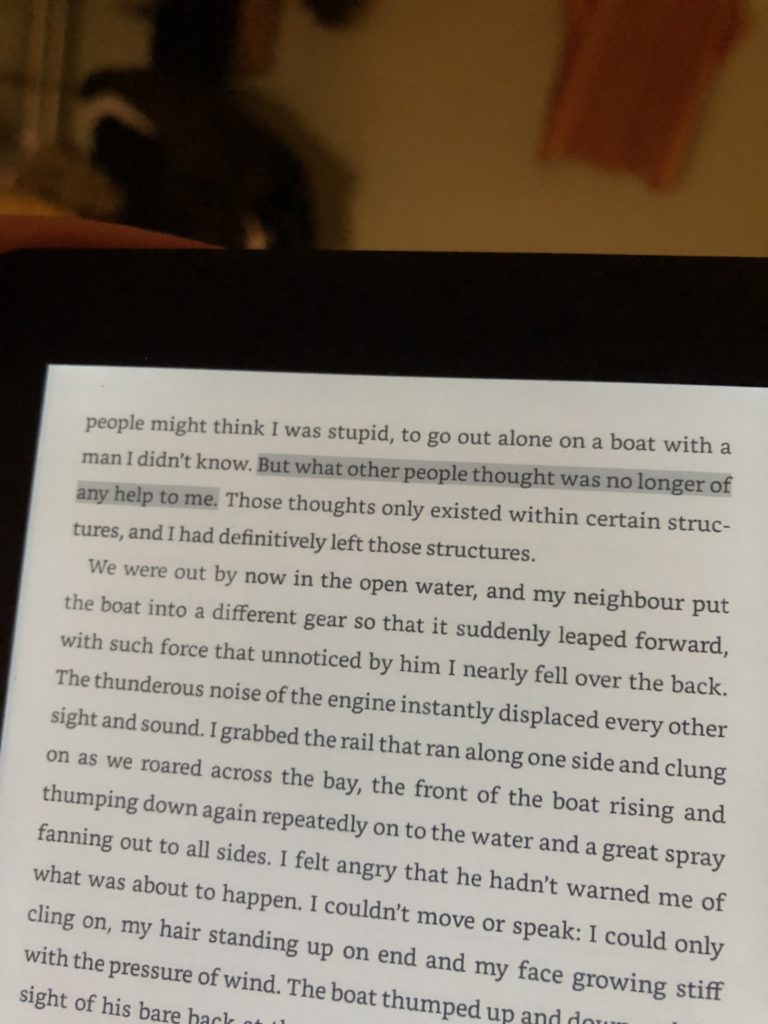

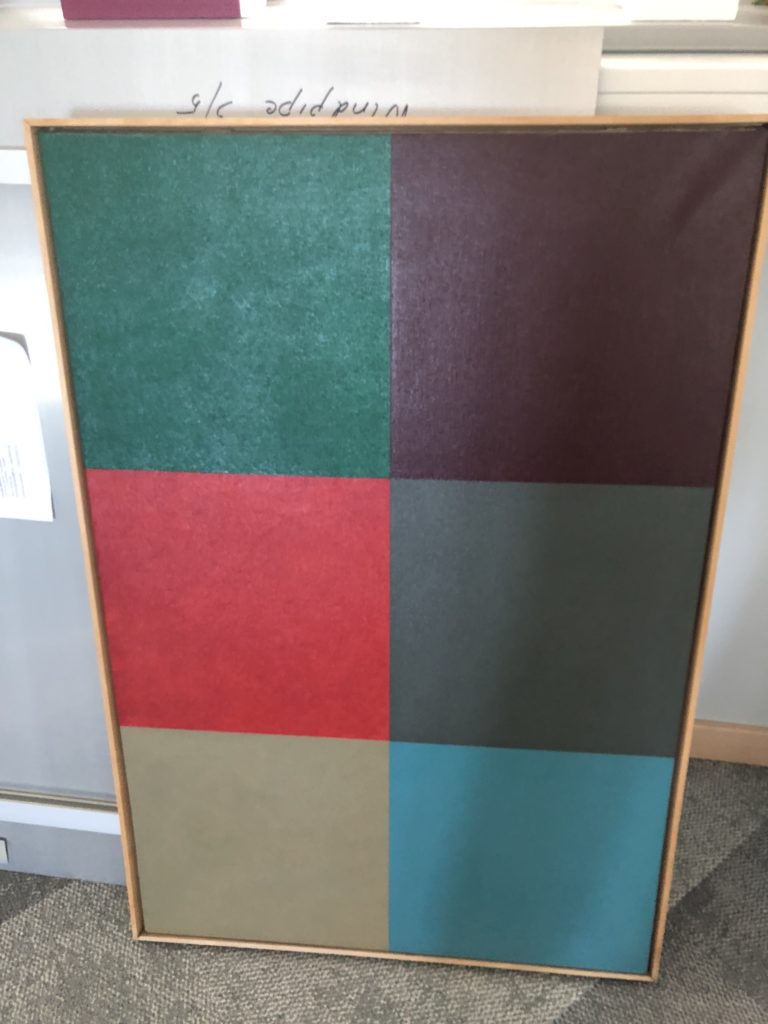
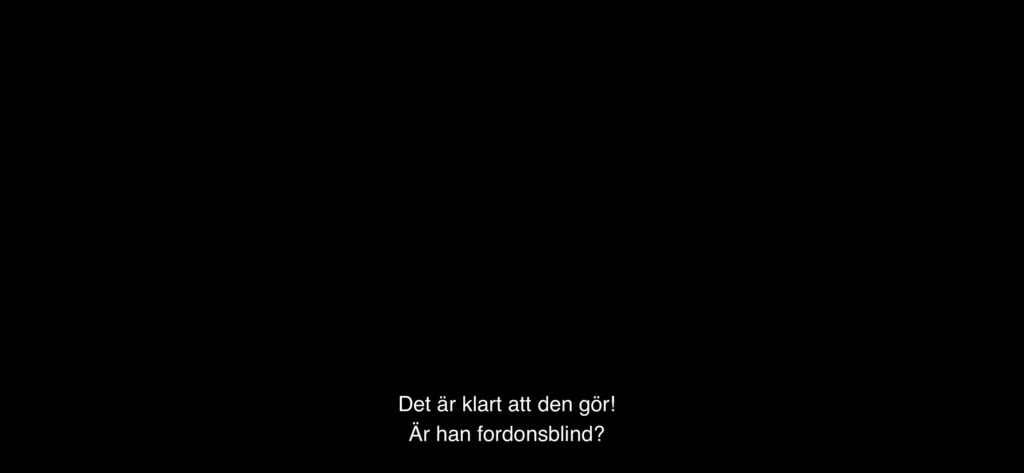
29 juli 2018
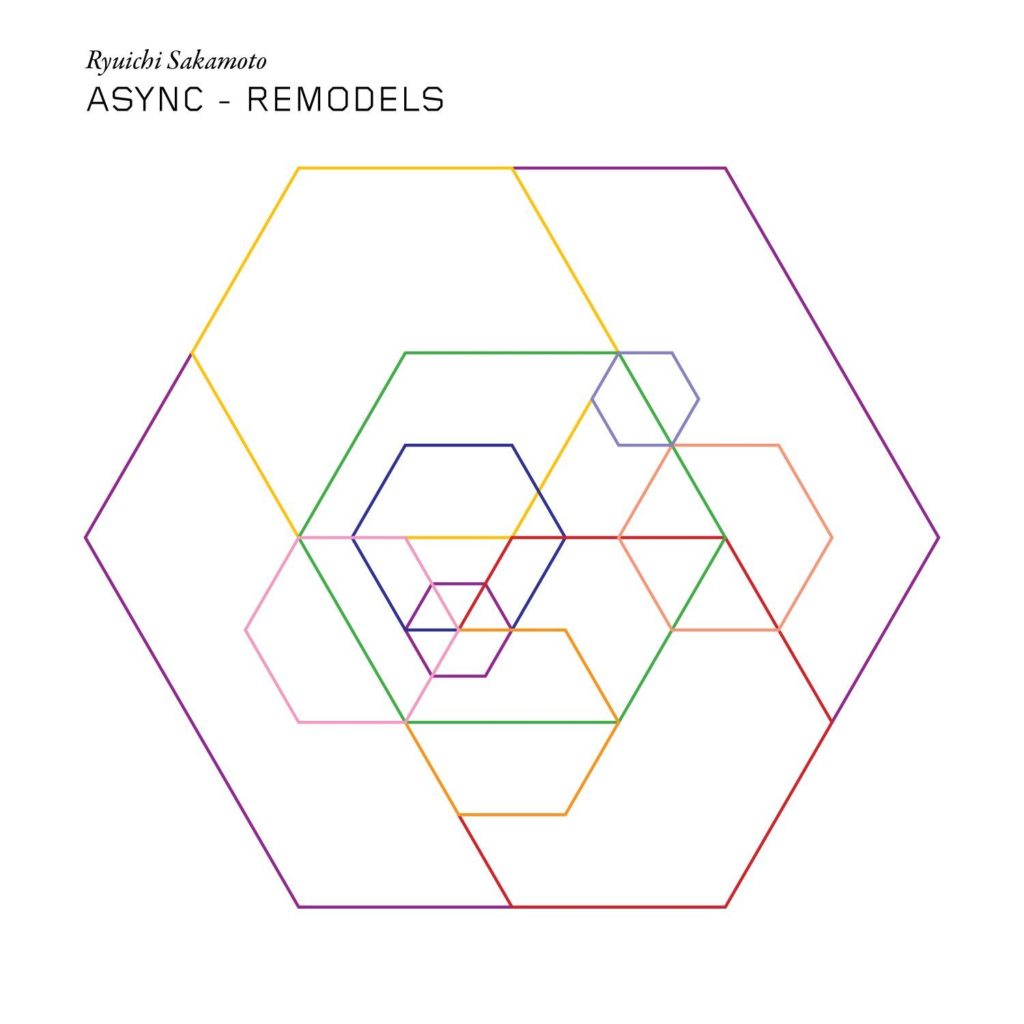

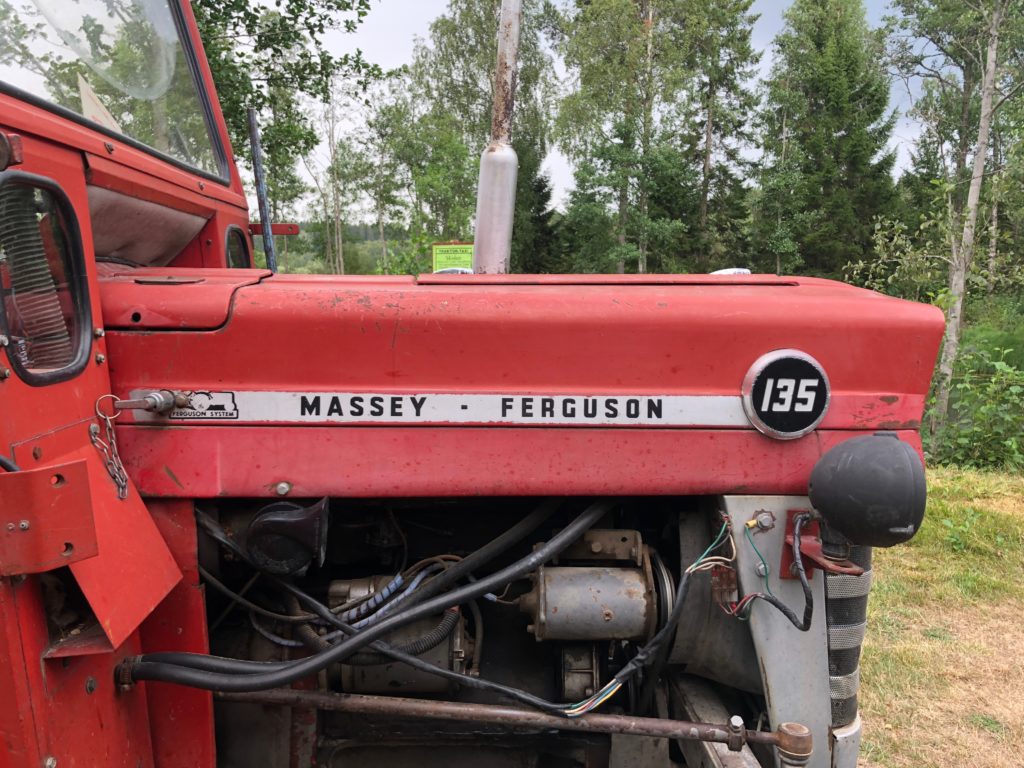
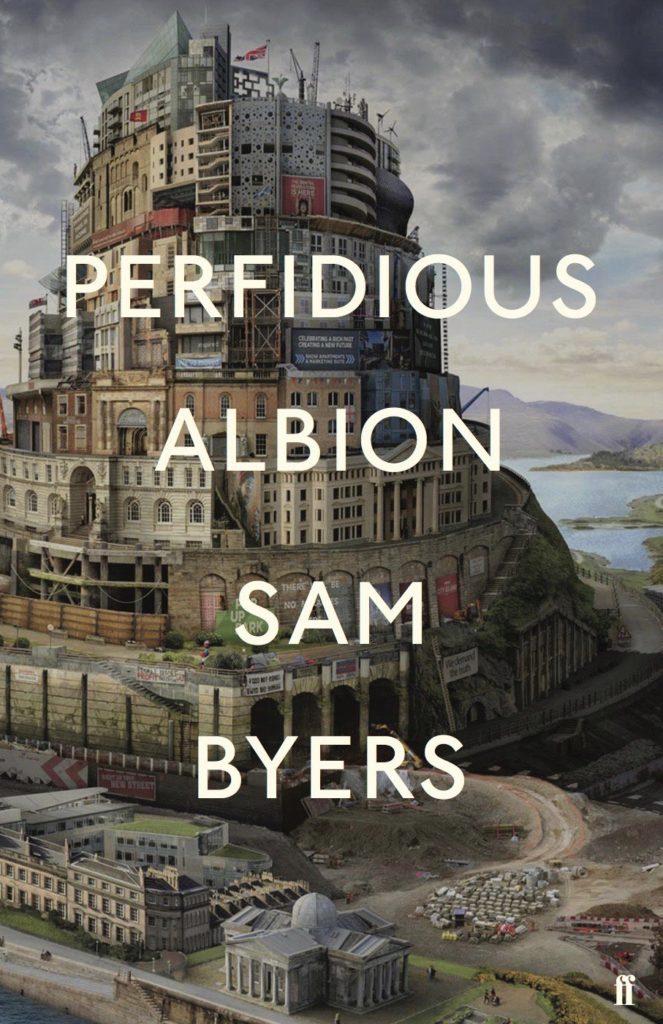
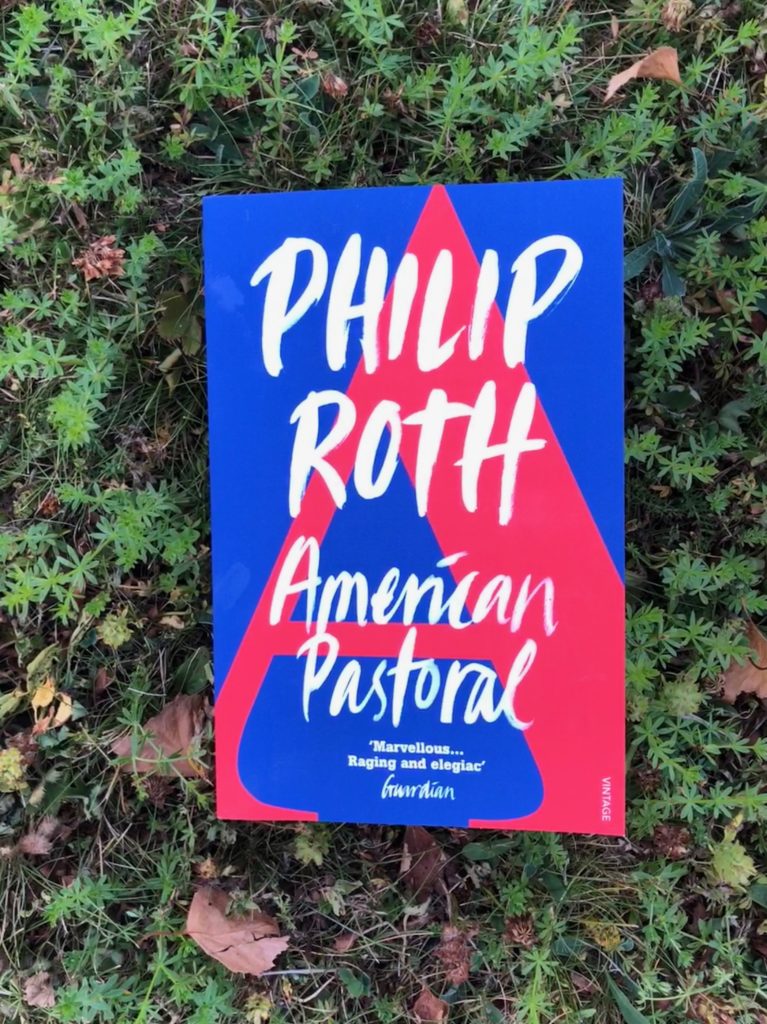
Utdrag: New Dark Age
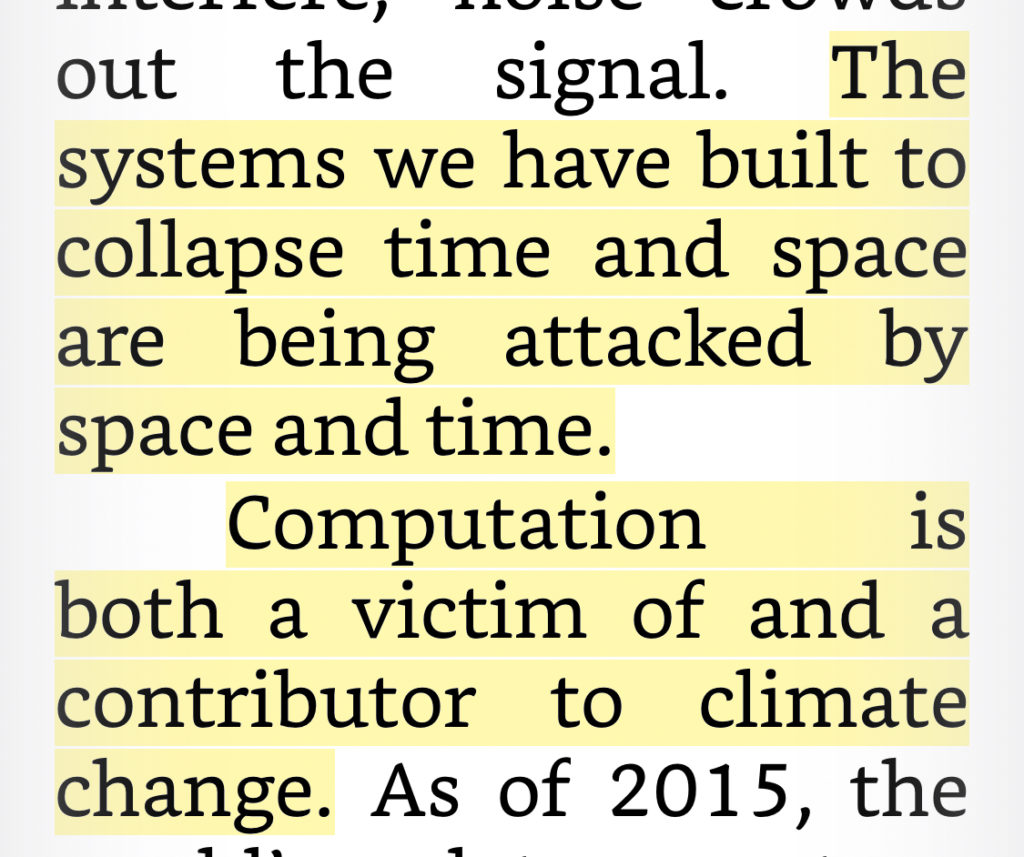
Crudo
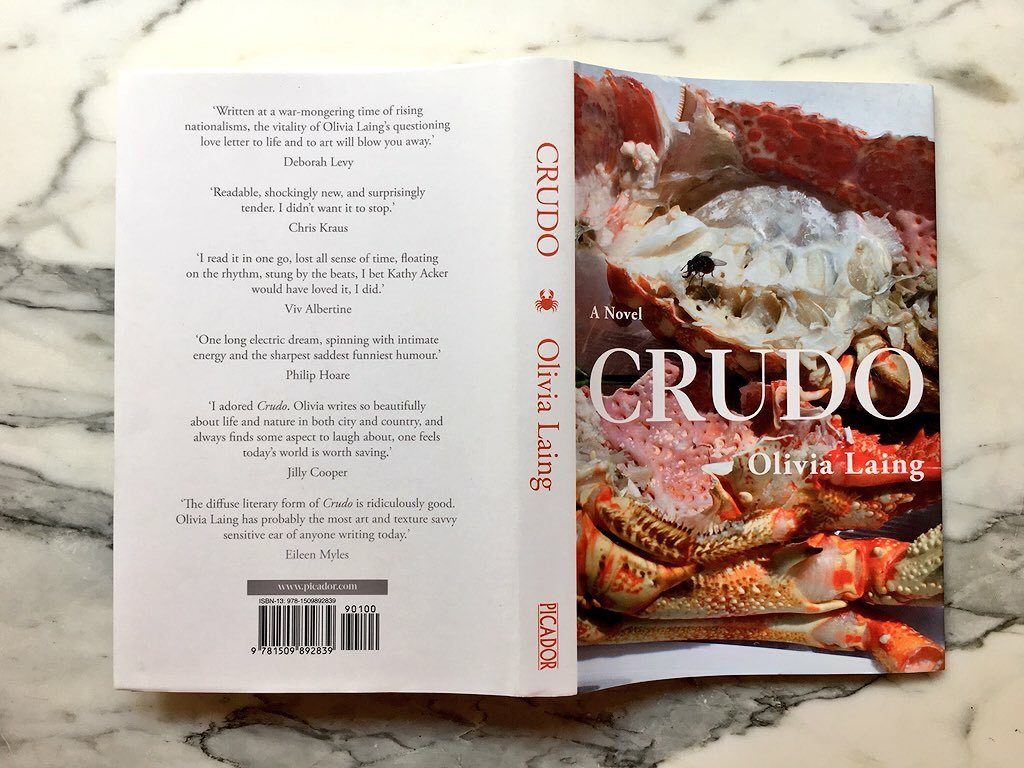
En recension som avslutas med “Crudo is a hot, hot book. The fuse is lit.” blir man nyfiken på.
